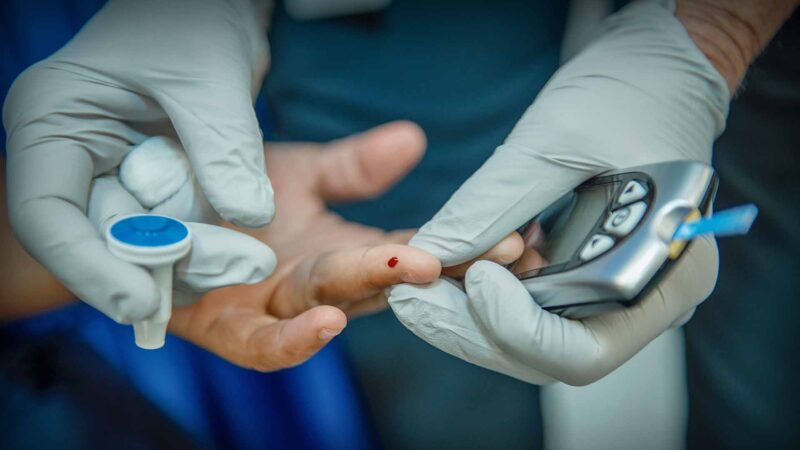RESEARCHER PROFILE (Filmed November 2023)
Dr Felicity Han, Research Fellow
Australian Institute for Bioengineering and Nanotechnology
University of Queensland, Australia
Applying nanotechnology to chronic pain management
Dr Felicity Han is a Research Fellow and Leader in Pain Relief Innovation, at the Australian Institute for Bioengineering and Nanotechnology in the University of Queensland. Dr Han’s research interests sit at the interface of drug delivery and the pain field. Her overarching research goal is to improve the quality of day to day life of patients suffering from chronic pain, by applying nanotechnology to the development of novel highly effective pain-killer products for improving chronic pain management.
Dr Han’s team have developed five different techniques to produce painkiller-loaded nanoparticles and nanofibers aimed at improving pain relief for patients where available pain-killers either lack efficacy or produce dose-limiting side-effects. With the use of their nanoparticles, Dr Han’s team aim to turn a small but potent peptide that has been on the market for over a decade into an oral treatment for improving pain management that currently lacks efficacy in patients. T
Dr Han’s research focuses on developing drug-products to solve one of the largest unmet medical needs in the pain field through the use of sustainable materials. Her team are currently working on developing multifunctional sutures including biodegradable pain relief sutures and innovative novel nanoparticles, which deliver innate-immune targeting peptides for the treatment of cancer and cancer-related pain. Their research also investigates the role of C5a and C3a in the pathogenesis of chronic pain including neuropathic pain, cancer-related pain, low back pain, and OA pain.
Dr Han works in collaboration with other leading Australian and international researchers to stay at the forefront of the drug delivery systems field and the pain field. They also provide a preclinical evaluation of novel compounds and formulations.
Dr Han enjoy’s volunteering within the academic community, most notably as Head of the SBMS ECR Committee and Treasurer for The Queensland Chinese Association of Scientists and Engineers (QCASE). Currently, she is serving as a guest editor of Pain Research and Management.
You Might also like
-
Junior Fellowship to develop vaccine for bacteria that cause ear infections
Dr Erin Brazel has a background in molecular and translational microbiology, with a focus on developing new ways of preventing and treating bacterial diseases. Recently Dr Brazel has been awarded a Junior Fellowship by the Passe & Williams Memorial Foundation.
The fellowship enables outstanding individuals to obtain postdoctoral training under the supervision of an experienced clinical or scientific researcher, with the view to establishing a research career in Otolaryngology, Head and Neck Surgery in Australia and/or New Zealand.
-
Personalised approaches to lung therapy
Dr. Adams’ research focus is on lung cancer, which is the deadliest of all cancers worldwide. He is working towards developing personalised approaches to pinpoint a therapy that is going to be most effective for the person with that disease. Dr. Adams’ research is focusing on chemotherapy and targeted therapy, and he is trying to identify upfront which of those tumours are likely to be resistant to the therapy. He then identifies strategies that will resensitize or increase the sensitivity of the tumour to the standard of care that is targeted therapy or chemotherapy.
-
Oral administration of insulin for Type 1 Diabetes
Huiwen Pang is a 3rd year PhD candidate in the Australian Institute for Bioengineering and Nanotechnology, University of Queensland, focusing on biomedical health research. Prior to commencing his PhD, Huiwen studied animal genetics in his Masters degree at Huazhong Agriculture University in China.
People with diabetes, especially Type 1 diabetes, largely rely on the insulin injections or insulin pumps to control their high blood glucose levels, which is painful and has a high risk of infections.
Huiwen Pang is conducting research on nano-based drug formulations for Type 1 diabetes treatment, with a focus on using nanomaterials to load insulin for oral administration and employing anti-apoptotic and anti-inflammatory approaches to mitigate damage to beta cells.



